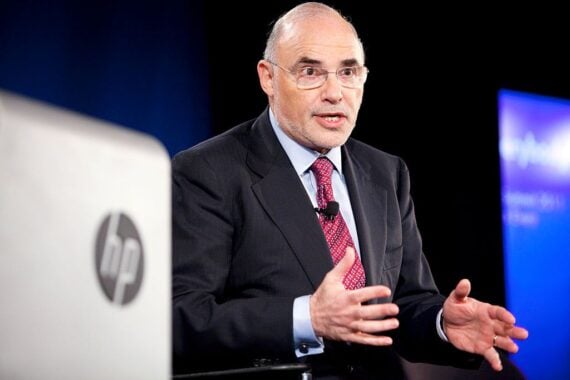In the cutthroat world of business, CEOs may be hired and fired in the blink of an eye. And whether they leave of their own accord or are pushed out, most high-profile executives of large companies make a fortune despite their short time in the corner office. Here are chief executives who were barely on the job but still scored big when it came to payout time.
Related: Famous CEOs Who Ended Up Behind Bars
Ron Johnson, JCPenney
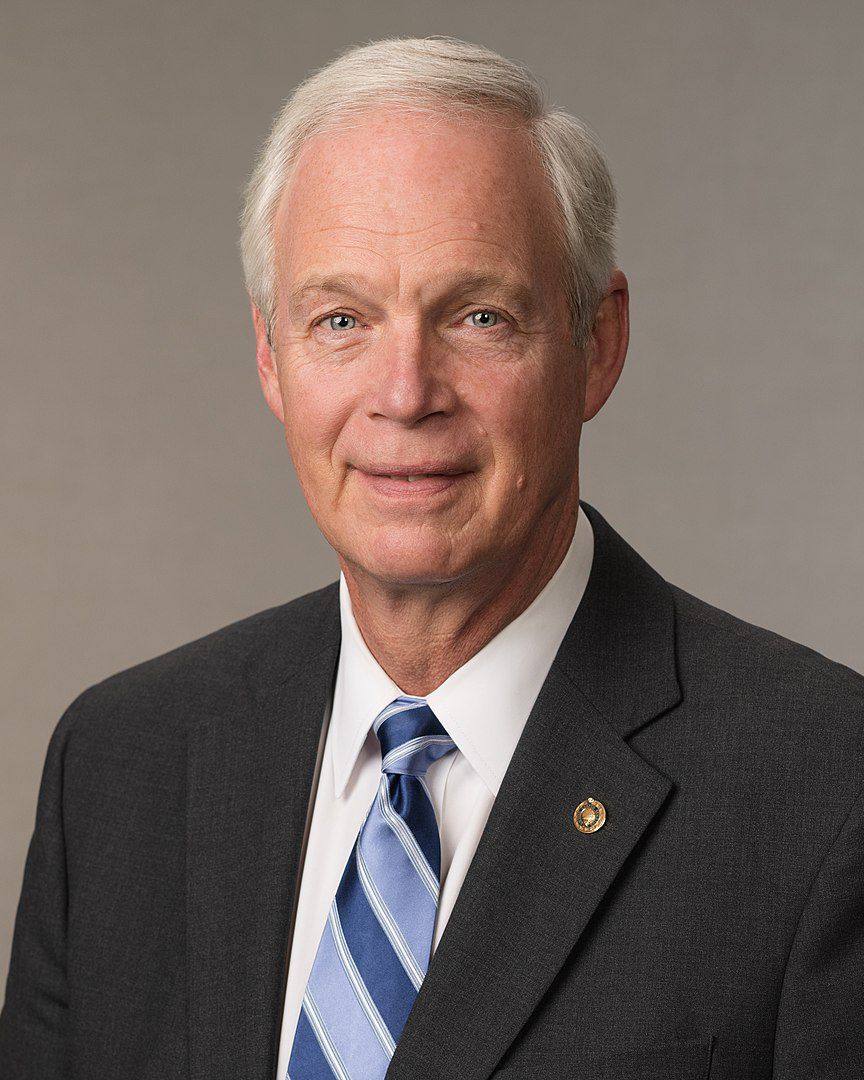
Duration: 17 months
Compensation:$53 million
Johnson was given the job of saving JCPenney from itself in 2011. But things didn’t go as planned, and the new CEO was ousted when it became clear he was making things worse. One of Johnson’s failings was alienating the store’s core audience by trying to make it too “hip.” His vision included coffee bars in store and in-store “boutiques,” as well an end to customer couponing. The ideas just didn’t align with the store’s brand.
Related: CEOs Made 324 Times More Than Workers Last Year
Leo Apotheker, Hewlett-Packard
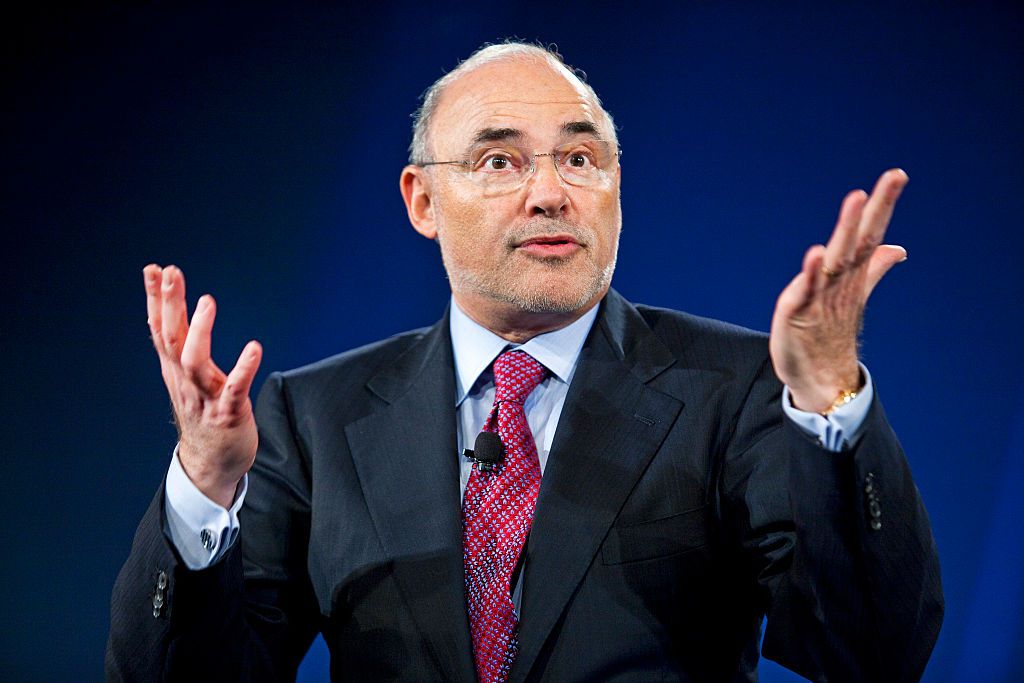
Duration: 10 months
Compensation: $10 million
The short-lived CEO has been called the “worst” in Hewlett-Packard’s history and was forced to resign in 2011 after stocks dropped by 50% one year into the job. Apotheker also allegedly didn’t read the executive summary after leading the acquisition of Autonomy, a British software company, missing major red flags that might have avoided a huge loss of profits. Ooops.
For more stories like this, please sign up for our free newsletters.
Tom Freston, Viacom
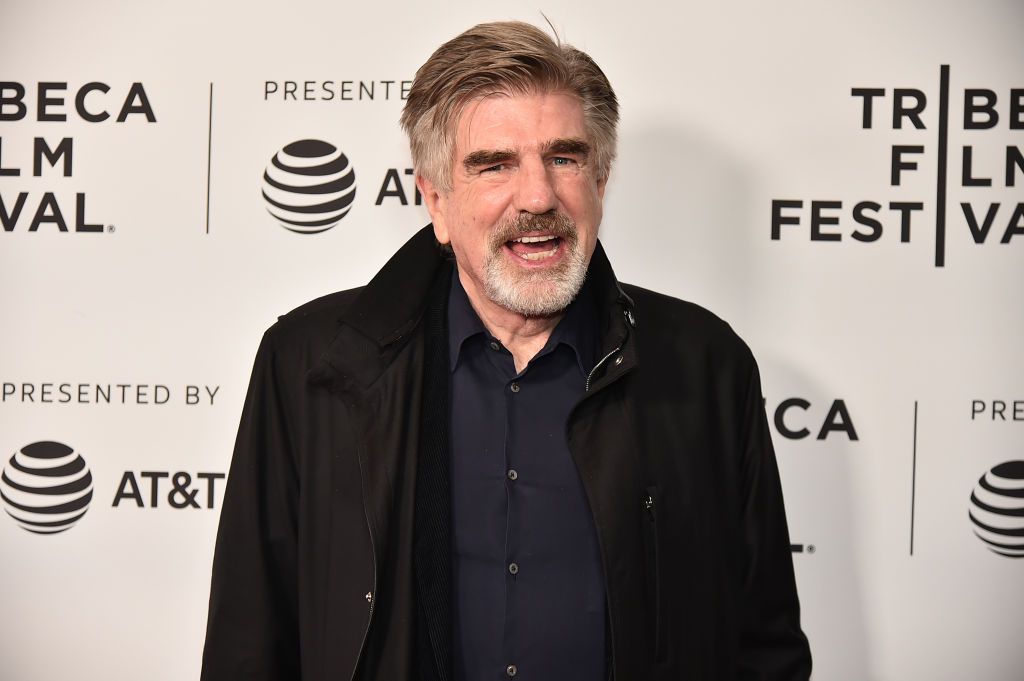
Duration: Nine months
Compensation: $85 Million
Freston was famously ejected after a few months in 2006 for failing to buy the then-hot social media platform MySpace — a failure that looked more like a victory just a few years later, when the site had become a punchline costing the buyer, Rupert Murdoch’s News Corp., $545 million. Maybe Freston deserved his $59 million in severance, $7.4 million in deferred compensation, $5.7 million in a retirement fund payout, and $10 million in stock.
Related: Starbucks’ Howard Schultz and Other High-Profile CEOs Who Left Their Companies
Stefan Larsson, Ralph Lauren

Duration: Seven months
Compensation: $16.2 million
Don’t cross the boss. Larsson, who came from Old Navy and H&M, was ousted in 2017 after less than a year as CEO because of a supposed difference of opinion with company founder Lauren. Lauren said in a statement at the time, “Stefan and I share a love and respect for the DNA of this great brand, and we both recognize the need to evolve … However, we have found that we have different views on how to evolve the creative and consumer-facing parts of the business. After many conversations with one another, and our board of directors, we have agreed to part ways.”
George Mikan, Best Buy

Duration: Five months
Compensation: $3.3 milion
As interim CEO, Mikan may not have intended to last long at the company, and certainly business analysts didn’t expect it. But in 2012 he resigned after a few months to work at a private investment firm and still came out with millions.
Trending on Cheapism
Ken Barker, Netflix

Duration: Four months
Compensation:$2.4 million
Barker quit the role of chief accounting officer at Netflix this year with the company saying in a press release that the decision was due to personal reasons, and “not the result of any disagreement with the company on any matter relating to the company’s financials, operations, policies, or practices.” Still, during his brief time there, the company lost subscribers for the first time and sacked 150 employees.
Scott Thompson, Yahoo
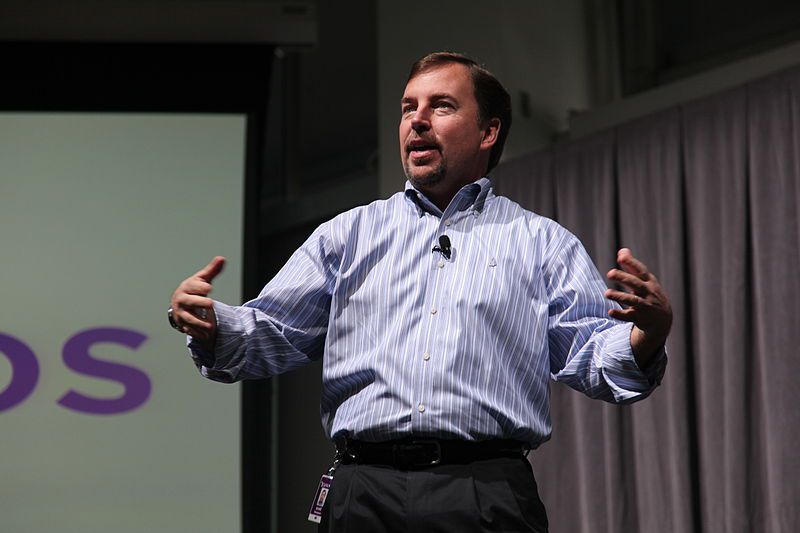
Duration: Four months
Compensation: $26 million
The truth comes out eventually. In the case of Scott Thompson, the new CEO of Yahoo, it was about a history of claiming a college degree he hadn’t earned — albeit a modest one (a bachelor’s in computer science from Stonehill College). Regardless, Thompson left the job in 2012 with $7 million.
Carl Leibert, AutoNation
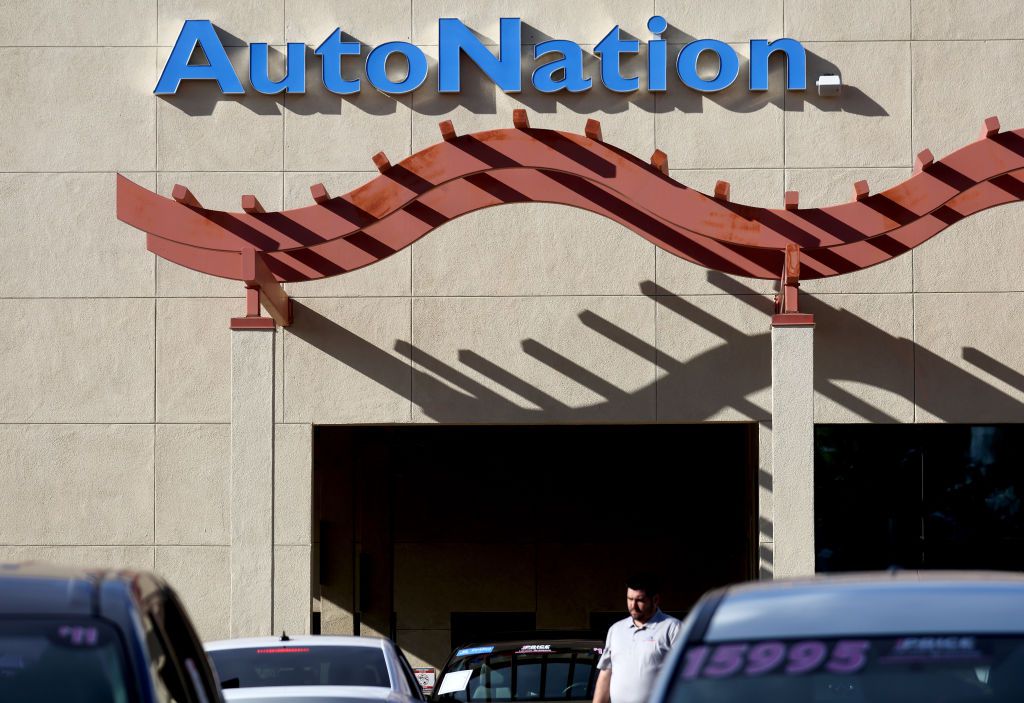
Duration: Four months
Compensation: $3.8 million
Leibert had an impressive background when he was hired as CEO of the auto retailer. He had been chief operating officer of USAA, a financial services company, and led 24-Hour Fitness. But Leibert just couldn’t get into the auto groove; he was ousted after it was determined he “wasn’t a good fit.” He was replaced by a company insider.
Sign up for our newsletter
Stormy Simon, High Times

Duration: Four months
Compensation: $300,000 plus shares
The former president of Overstock took over the marijuana brand when the previous CEO left after only nine months. But after a little more than a month on the job, Simon announced her intention to run for Congress in Utah as a pro-pot candidate.
Alan Fishman, Washington Mutual
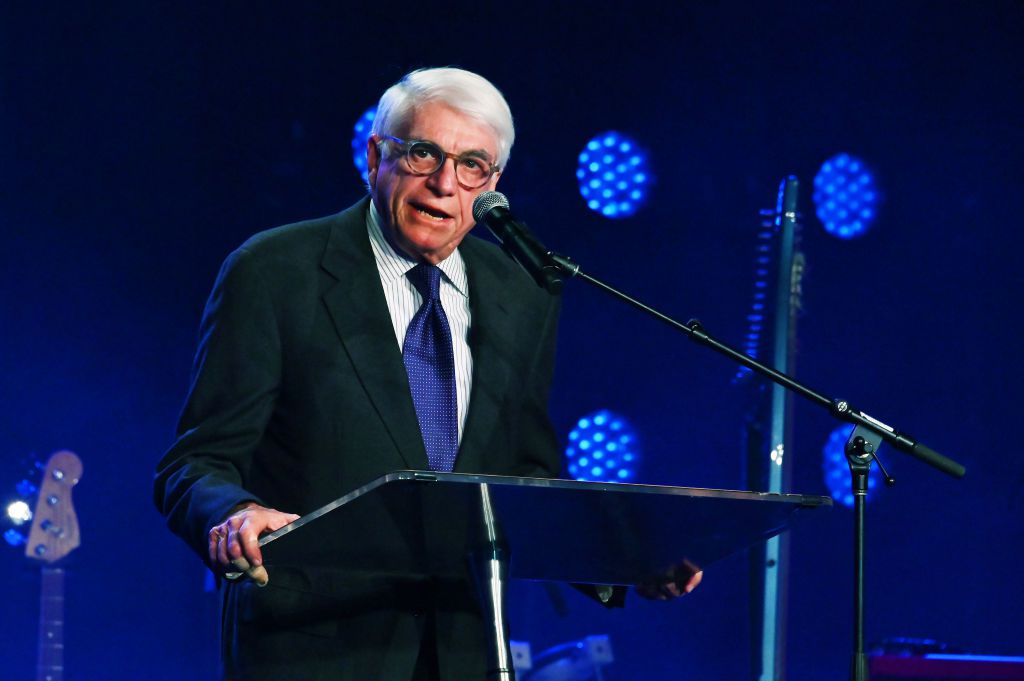
Duration:17 days
Compensation:$18 million
Three weeks, millions and millions of dollars — sounds like quite the deal. Fishman left Washington Mutual without even spending a month on the job, but made out with basically a million dollars per day of work. The short stint wasn’t necessarily his fault: The assets of the failed bank were seized by JP Morgan Chase, therefore ending Fishman’s role.
